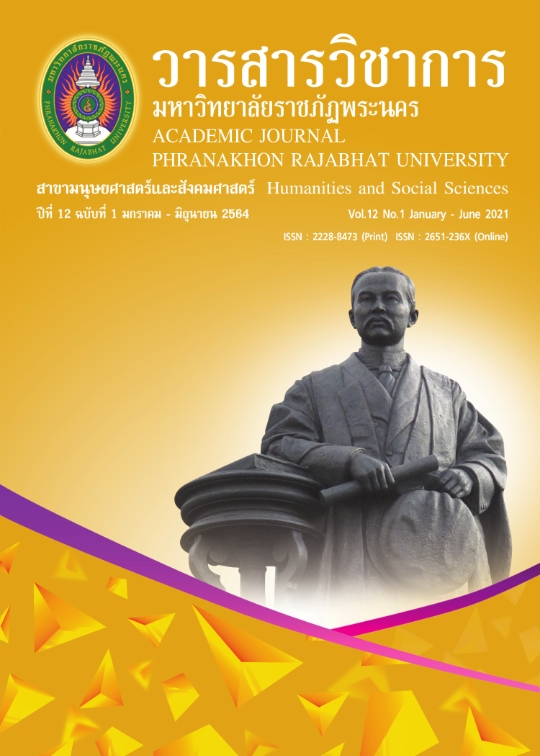LEADING ORGANIZATION MANAGEMENT INTO A FULLY GREEN SUPPLY CHAIN
Keywords:
Management, Green Supply Chain, Leading OrganizationsAbstract
Leading organizations aim to develop productivity and service efficiency to respond to customer needs worldwide by creating innovations in the business sector and trying to reduce unnecessary costs. However, recent global warming and PM 2.5 are huge problems that have been paid attention to by customers. In addition, some organizational activities impact the environment, such as energy consumption in production processes, using packaging materials that are difficult to degrade, and air pollution caused by transportation. Therefore, the organizations are unable to increase the operating revenue from neglecting the quality of life of their customers. One of the effective management frequently used by organizations is the sustainable development concept, which involves profit, customers, and the world. It considers what is gained rather than profit by focusing on promoting employees' quality of life, customers, and environmental protection to create happiness in work and value for society. The organizations will apply the principles of the green supply chain to businesses in terms of order management, production and quality control of goods, inventory management, warehouse management, transportation and distribution, and customer service with technology. Also, the organizations will build sustainable competitiveness in the market to respond to customer needs to attract new target groups who care about environmental products and services.
References
AR Racking. (2020). AR Racking combines different storage systems in Thyssenkrupp’s new smart centre. Retrieved August 28, 2020, from https://www.ar-racking.com/en/news-and-blog/news/ar-racking-combines-different-storage-systems-in-thyssenkrupprsquos-new-smart-centre
Bowersox D., J., Closs D., J., Cooper M., B., & Bowersox J., C. (2020). Supply chain logistics management. (5th ed.). New York: McGraw-Hill Education.
Chidchob, T., Sookpisan, L. & Duangwaeo, P. (2018). Riving force factors of stakeholders in green supply chain management that affect the business performance of manufacturing industries in Thailand. Academic Journal Phranakhon Rajabhat University, 9(1), 238-250. (in Thai)
Eamlaorpakdee, P. (2011). Integrated corporate social responsibility across the value chain for a green environment: A case study of Toyota Motor (Thailand) Company, Limited. University of the Thai Chamber of Commerce Journal, 31(2), 171-179. (in Thai)
Geng, R., Mansouri, S. A. & Aktas, E. (2017). The relationship between green supply chain management and performance: A meta-analysis of empirical evidences in Asian emerging economies. International Journal Production Economics, 183(2017), 245-285.
Heizer J., Render B., & Munson C. (2020). Operations management: Sustainability and supply chain management. (13th ed.). Texas Lutheran: Peason.
Ichitan Group. (2018). Sustainable Development Report 2018. (1st ed.) Bangkok: Ichitan Printing. (in Thai)
Jiang, S., Han, Z. and Huo, B. (2020). Patterns of IT use: The impact on green supply chain management and firm performance. Industrial Management & Data Systems, 120(5), 825-843.
Leelakulthanit, O. (2014). Sustainability: The case of Siam Cement Group (SCG). Journal of Business Case Studies, 10(4), 441-446. (in Thai)
Oishi Group. (2019). Sustainable Development Report 2019. (1st ed.) Bangkok: Oishi Printing. (in Thai)
SCG. (2017). Sustainable Development Report 2017. (1st ed.) Bangkok: SCG Printing.
SCG Logistics. (2020). SCG Logistics moves into Digital Driven Logistics Company for Today and Future. Retrieved August 28, 2020, from https://www.scg.com/innovation/scg-logistics-digital-driven-logistics/. (in Thai)
Downloads
Published
How to Cite
Issue
Section
License
"บทความวิชาการในวารสารฉบับนี้ ถือเป็นความรับผิดชอบของผู้เขียนเท่านั้น"
สงวนลิขสิทธิ์ตามพระราชบัญญัติลิขสิทธิ์




